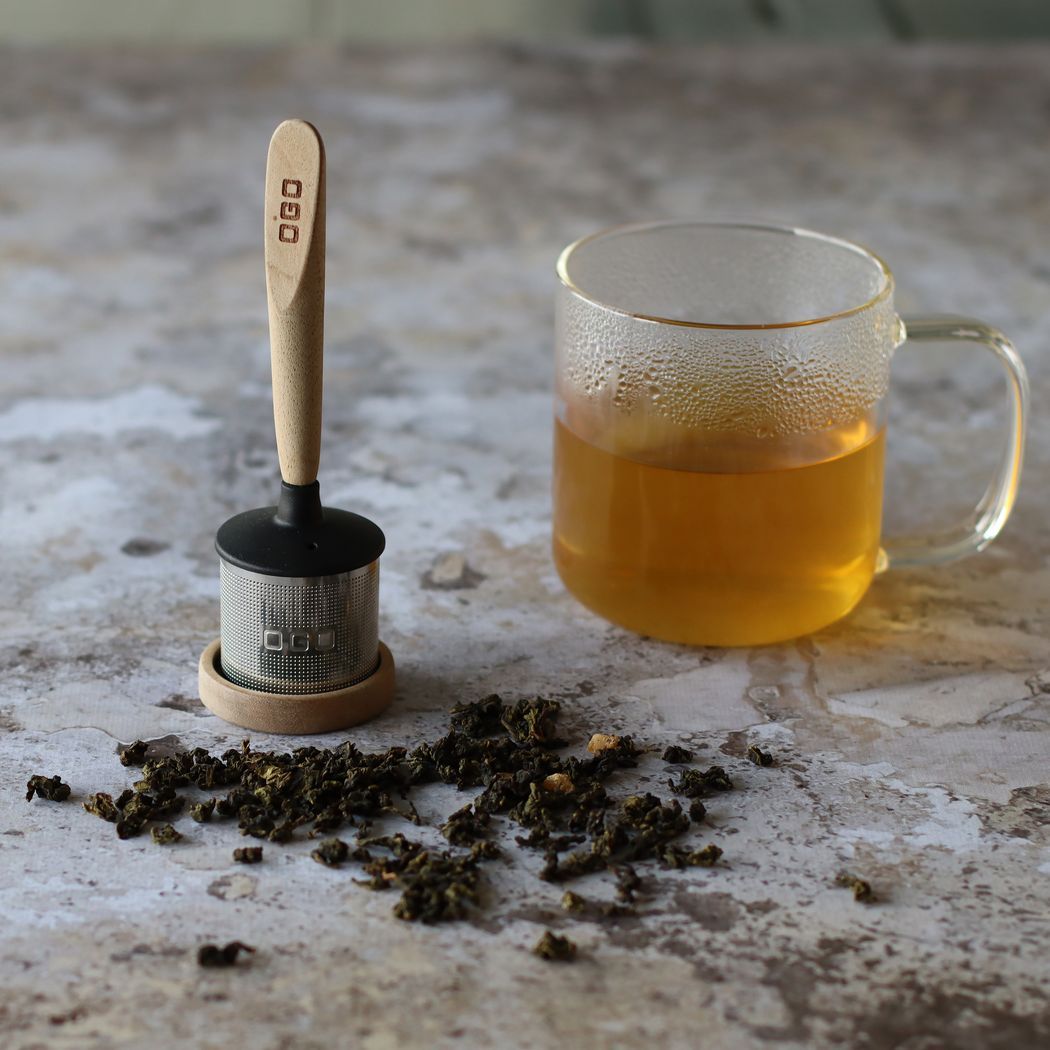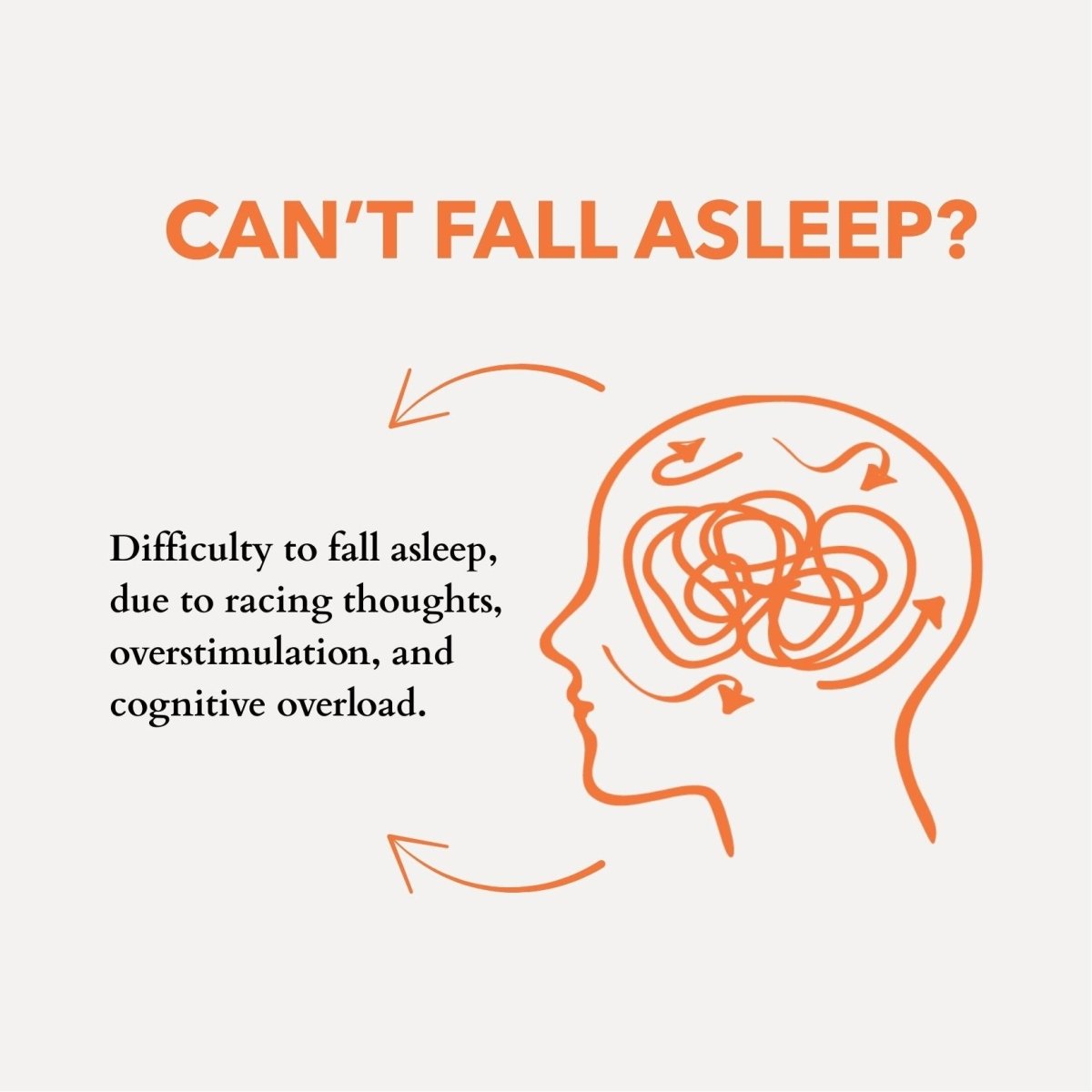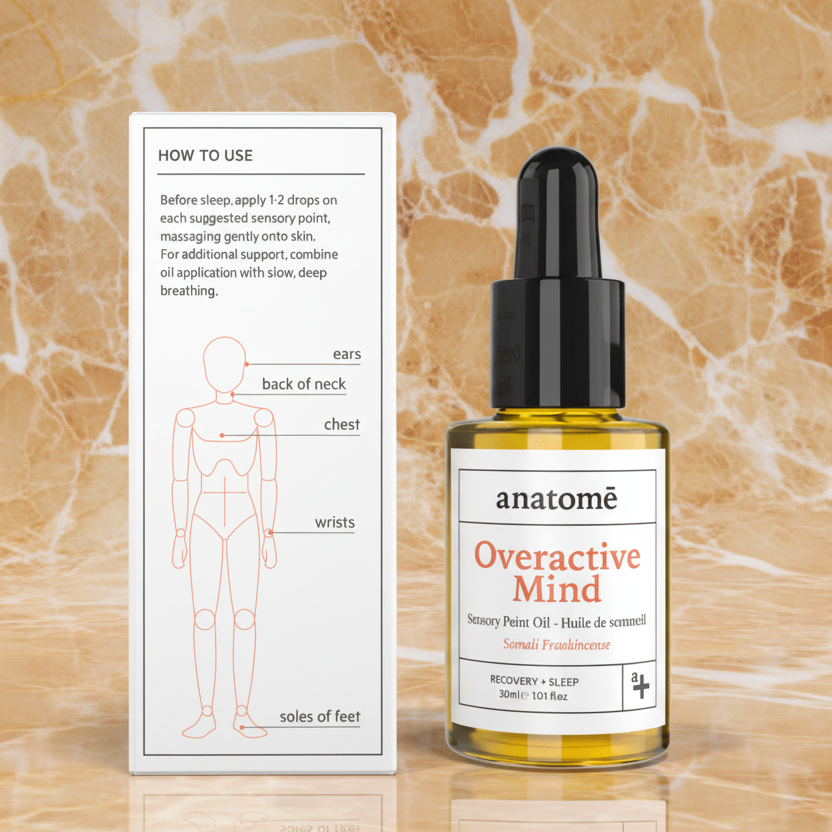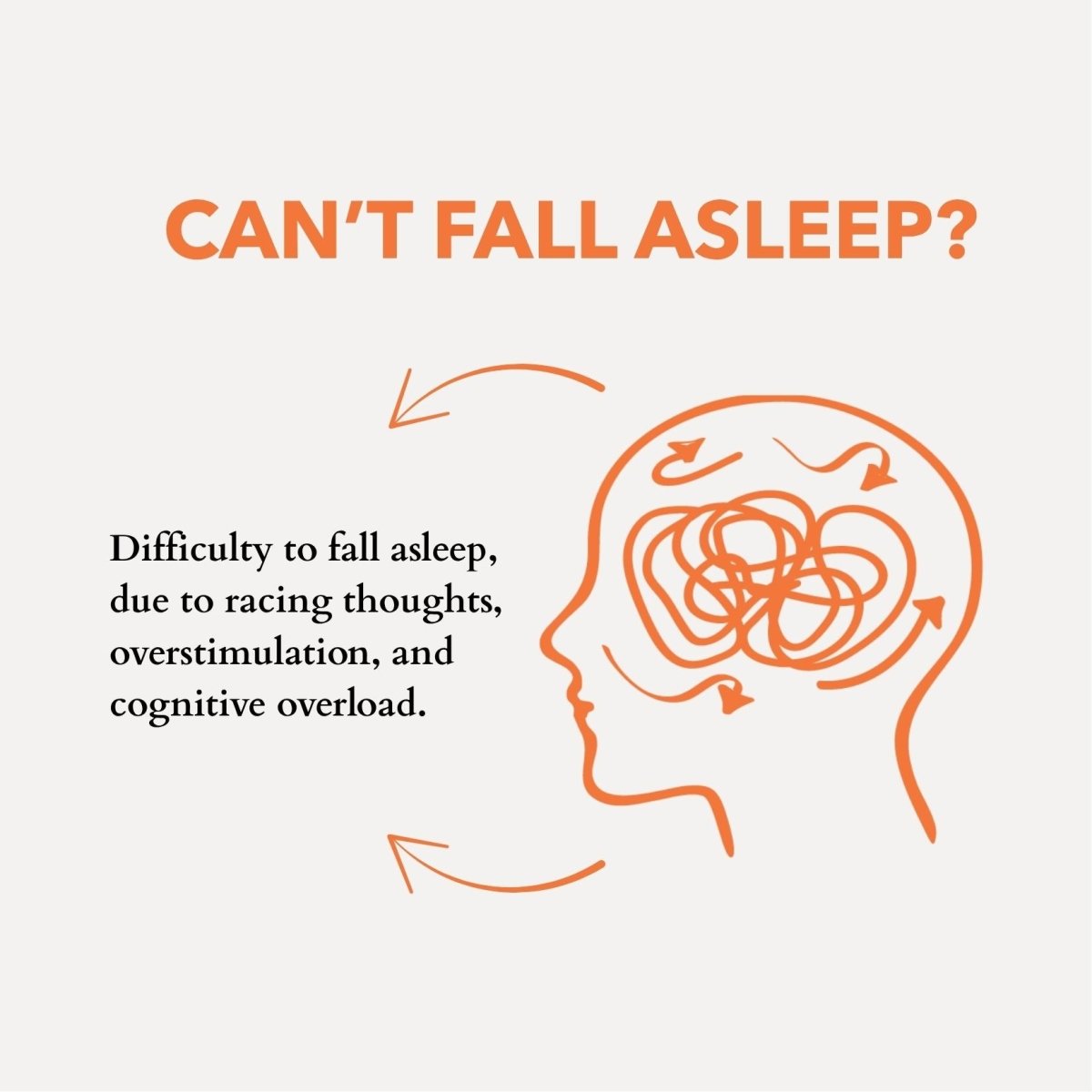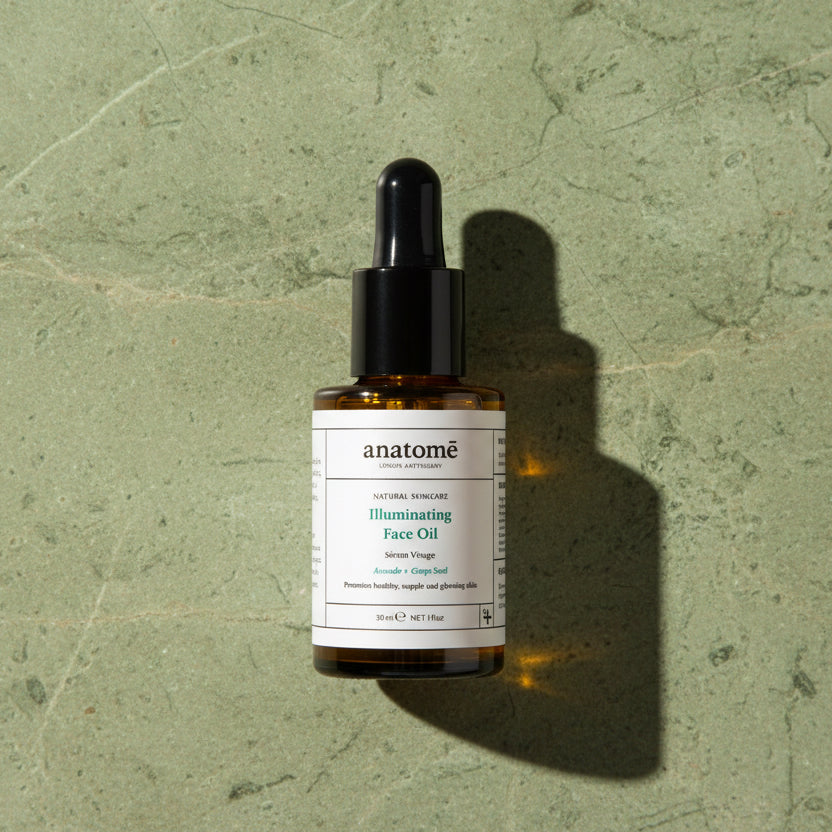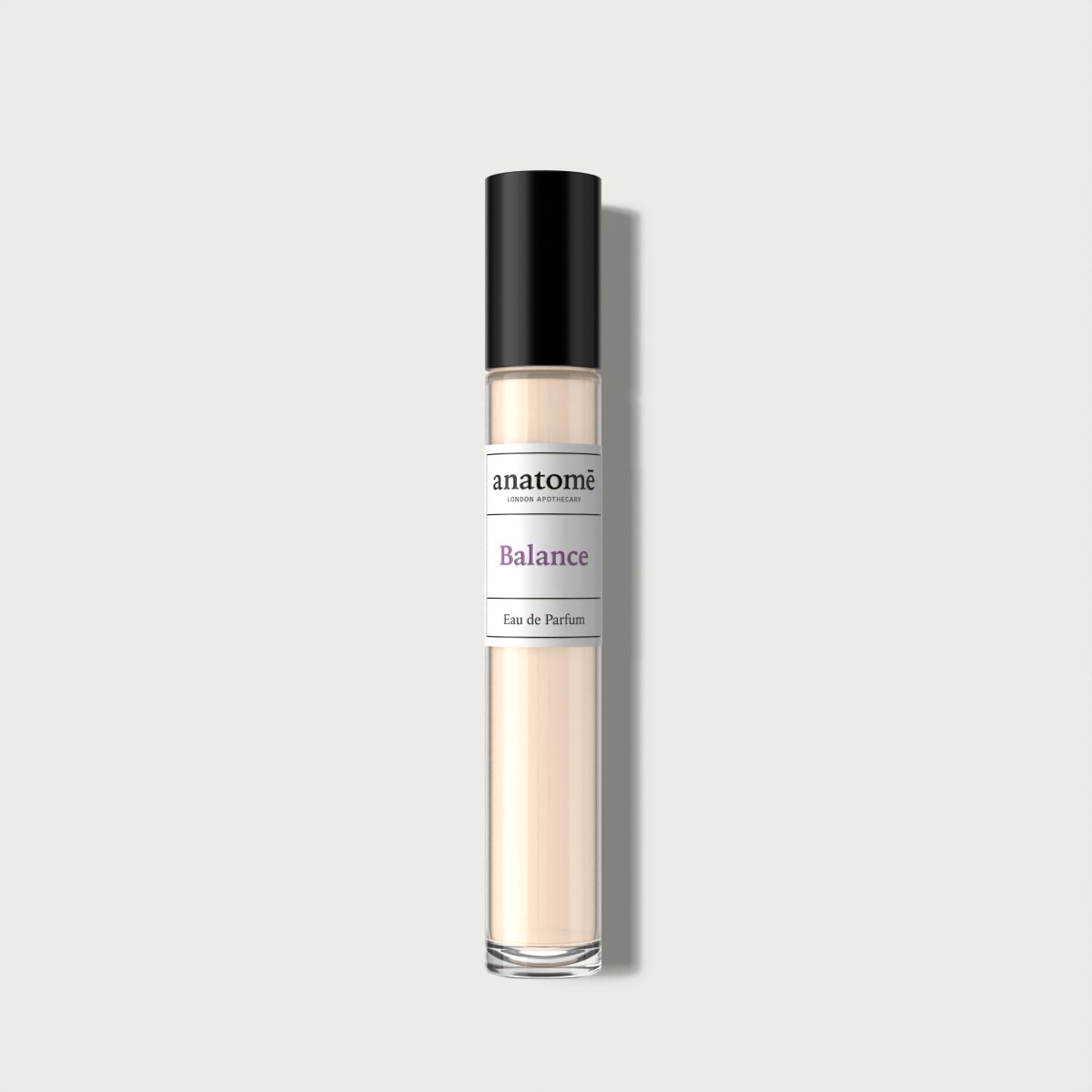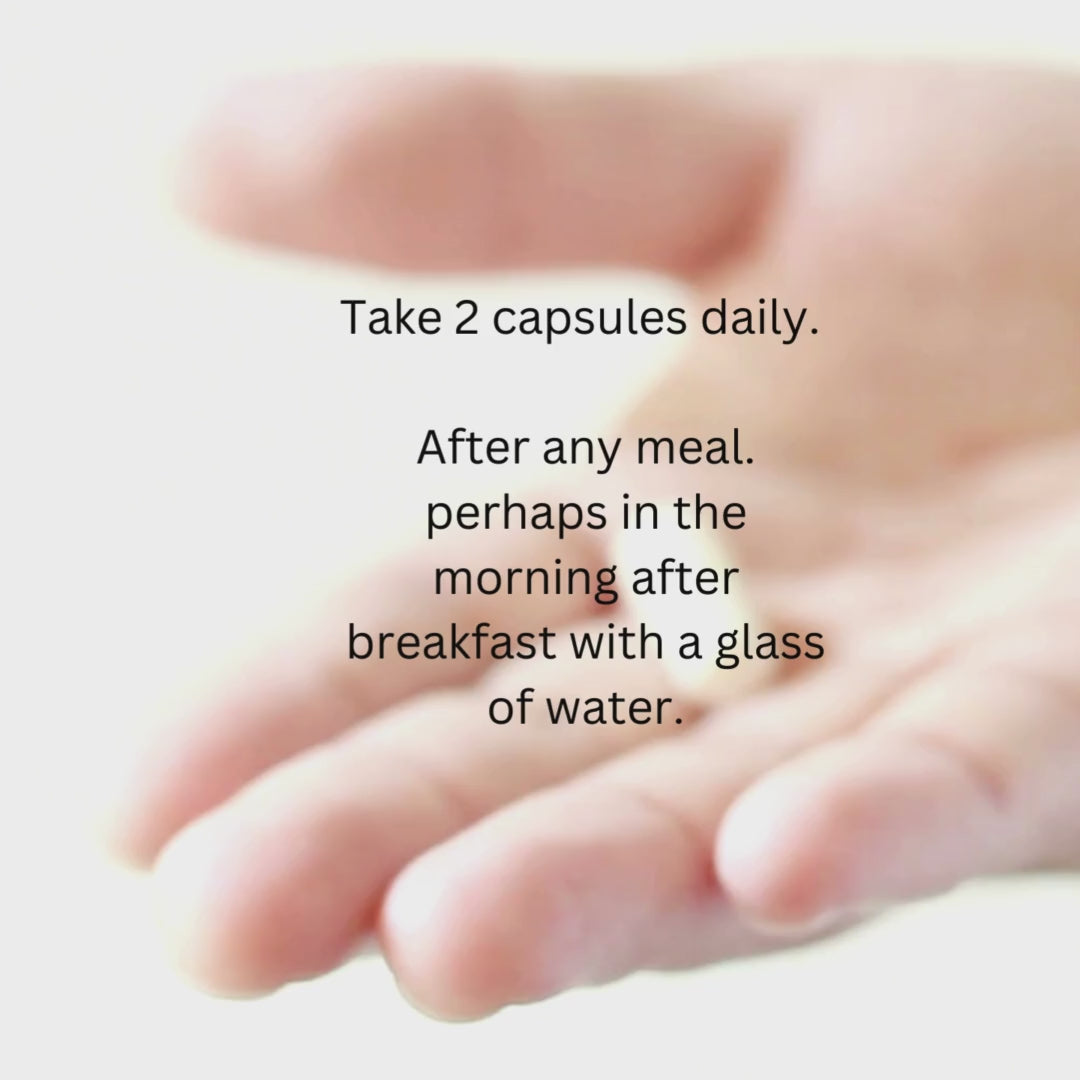If you could pack ‘exercise’ up into a pill it would undoubtedly be the number 1 prescribed medication in the world. Its benefits are truly endless. It not only extends our lifespans, it protects our quality of life by preventing a multitude of chronic diseases and keeps us happy by nourishing our mental health. Here’s a quick summary of some of the amazing benefits of getting active regularly.
Improves your mood
Exercising regularly can literally change the chemistry of your brain. It’s been shown to help regulate your amygdale, which is one of the parts of your brain that is heavily involved in coping with stress and anxiety. It also simultaneously increases the production of hormones such as serotonin and dopamine which help to regulate your mood. 2,3). The evidence shows it doesn’t matter if your exercise is short and sweet, or long and intense, it all counts. Studies have shown that your mood can literally improve with any amount of exercise. One study of women who had been diagnosed as clinically depressed showed that any exercise dramatically reduced their feelings of depression (4). In fact, the effects of exercise on your mental health are so impactful, that even after only a few weeks of no exercise, the reverse can be true. When we stop moving our bodies we can see an increase of symptoms of depression, anxiety and stress (5).

Increases your energy levels
Regular exercise has been shown to boost energy levels, even in people with chronic conditions and relentless fatigue (6). One study found that exercise can significantly increase energy levels for people suffering from chronic fatigue syndrome, more so than other passive treatments like stretching (7). Plus, exercise delivers oxygen and nutrients to your body whilst helping your cardiovascular system become strengthened, which helps make daily tasks easier (8).
Improves skin health
The appearance of your skin can be inordinately affected by the amount of oxidative stress in your body. This happens when the body’s natural antioxidant defences can’t wholly repair cell damage caused by free radicals, which can damage cells and negatively affect your skin. Regular moderate exercise can increase your body’s production of antioxidants, thereby protecting your cells and preventing damage caused by free radicals (9,10). Additionally, exercise stimulates your blood flow, which can help delay the appearance of ageing (11).

Strengthens muscles, joints and bones
Exercise is one of the key areas I tell my patients to focus on as they age. One of the reasons for this is its profound effect on bone strength and muscle mass. Sarcopenia (muscle wasting) tends to exponentially increase as we age and the best way to avoid this is to keep our bodies moving. Exercise helps to release hormones that improve the ability of your muscles to absorb essential amino acids which in turn helps them grow or reduces the amount they break down (12). Some research has shown that it is high impact exercise, like running or cross training and team sports l, which may provide the most benefit in maintaining a higher bone density compared with non-impact sports like swimming and cycling (14). This exercise that we invest in when younger will help prevent osteoporosis (bone thinning) which we all inevitably suffer from to varying extents as we age (15).

Improves sleep quality
Exercising is an underused weapon in improving our sleep quality. Humans may not be entirely similar to dogs but just look at your pup after you’ve trudged him around your local park for hours on end. It is not fully understood why but the exertion required to exercise triggers the body’s need to recuperate which helps us find a better night’s sleep (16). In order to achieve our best sleep we need to allow our body temperature to drop, so it can actually be counterproductive to increase our body temperature during exercise too close to bedtime (17). One review of six studies found that those who participated in exercise had improved self-reported sleep quality and reduced sleep latency (18).

Helps with weight management
I will always stress to patients that exercise provides far greater benefits than merely weight management. However, studies have shown that inactivity is a major risk factor in weight gain and obesity (19,20). Regular exercise has been shown to increase our metabolism which in turn can help us to burn more calories (this effect tends to happen more in the short term). This can be an effective tool in weight management and if done in conjunction with other healthy practices we can prevent excessive weight gain. Furthermore, if in a regular routine with exercise we will also often tend to maintain other healthy habits. I know for me that I will always maintain a far more varied and less processed diet when I am in the swing of things with exercise!

My key message is to remove the labels from exercise. Humans have been designed to move. Regardless of its form, movement has wide ranging benefits and if you engage in it regularly it will be sure to improve your wellbeing.
- https://pubmed.ncbi.nlm.nih.gov/28507196/
- https://www.ncbi.nlm.nih.gov/pmc/articles/PMC5928534/
- https://pubchem.ncbi.nlm.nih.gov/compound/norepinephrine#section=Top
- https://www.ncbi.nlm.nih.gov/pubmed/27423168
- https://pubmed.ncbi.nlm.nih.gov/28625704/
- https://pubmed.ncbi.nlm.nih.gov/23783259/
- https://pubmed.ncbi.nlm.nih.gov/27995604/
- https://www.ncbi.nlm.nih.gov/pmc/articles/PMC6172294/
- https://www.ncbi.nlm.nih.gov/pubmed/24568458
- https://pubmed.ncbi.nlm.nih.gov/27260682/
- https://www.ncbi.nlm.nih.gov/pubmed/25902870
- https://www.ncbi.nlm.nih.gov/pmc/articles/PMC6950543/
- https://www.ncbi.nlm.nih.gov/pmc/articles/PMC6303131/
- https://pubmed.ncbi.nlm.nih.gov/32735110/
- https://www.ncbi.nlm.nih.gov/pubmed/28053920




